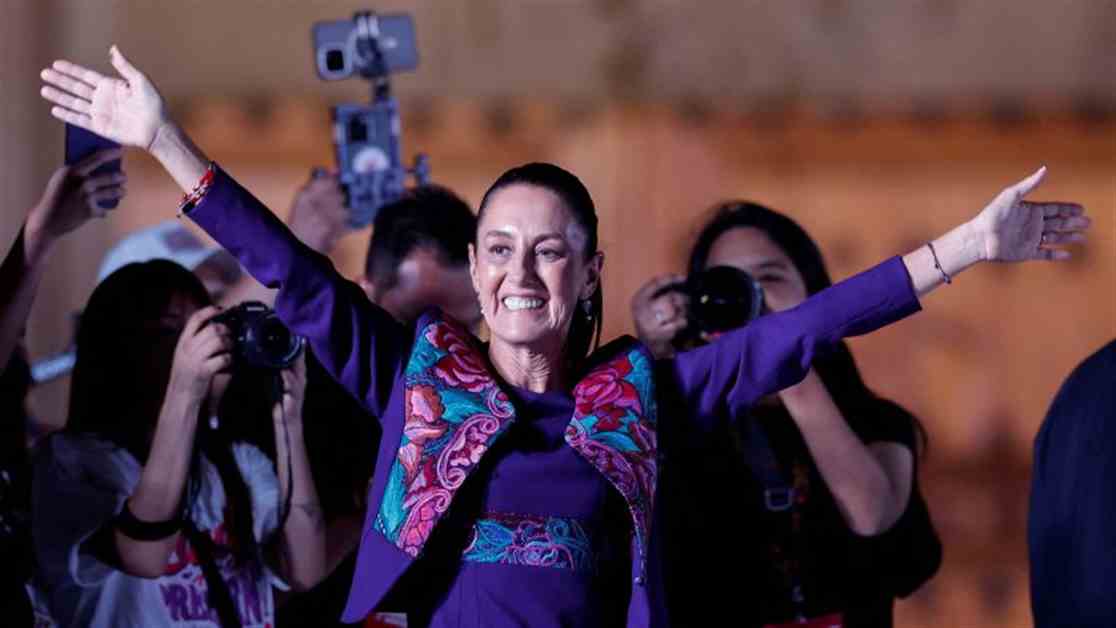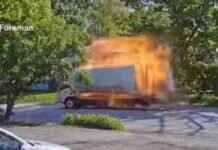Mexico Makes History by Electing Claudia Sheinbaum as First Female President
Mexico has made history by electing Claudia Sheinbaum as its first female president. The former head of the government of Mexico City and candidate for the ruling Morena party, Sheinbaum’s projected victory marks a significant milestone in a country known for its deeply patriarchal culture.
Sheinbaum, 61, rode the wave of popularity of her longtime political ally, outgoing leftist Mexican President Andrés Manuel López Obrador, and their Morena party. Despite the Electoral Court still needing to validate the presidential election results, if confirmed, Sheinbaum will take office on October 1.
With a background in climate science, Sheinbaum entered the campaign as the front-runner, garnering strong support in polls conducted by Mitofsky, Parametría, and De las Heras Demotecnia. She holds degrees in physics and energy engineering, receiving accolades for her academic achievements.
Born in Mexico City in 1962, Sheinbaum has a partner, Jesús María Tarriba, and two children. She began her political career in 2000 as the Secretary of the Environment for the Federal District under López Obrador’s administration. She later became the first woman elected as the head of the Tlalpan borough before serving as the head of government of Mexico City.
As part of her campaign within Morena, Sheinbaum is designated as the coordinator for the Defense of the Transformation, focusing on promoting the values of López Obrador’s policy. She has dedicated much of her life to university teaching, particularly in renewable energy and climate change.
Sheinbaum’s presidency comes at a critical time for Mexico, with high levels of violence and organized crime posing significant challenges. She will need to address these issues promptly, with expectations high for her to replicate the success she achieved in improving security in Mexico City on a national scale.
Her election also coincides with the upcoming US elections in 2024, highlighting the importance of the relationship between Mexico and the US. As a key ally on various issues, including trade and immigration, Mexico’s new administration will play a crucial role in shaping the future of bilateral cooperation.
Overall, Sheinbaum’s historic election as Mexico’s first female president signals a new era in Mexican politics, with high hopes for her leadership in addressing the country’s pressing challenges.















